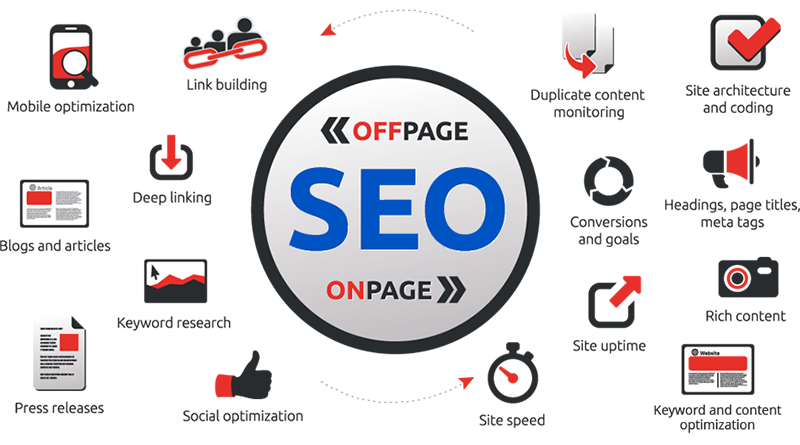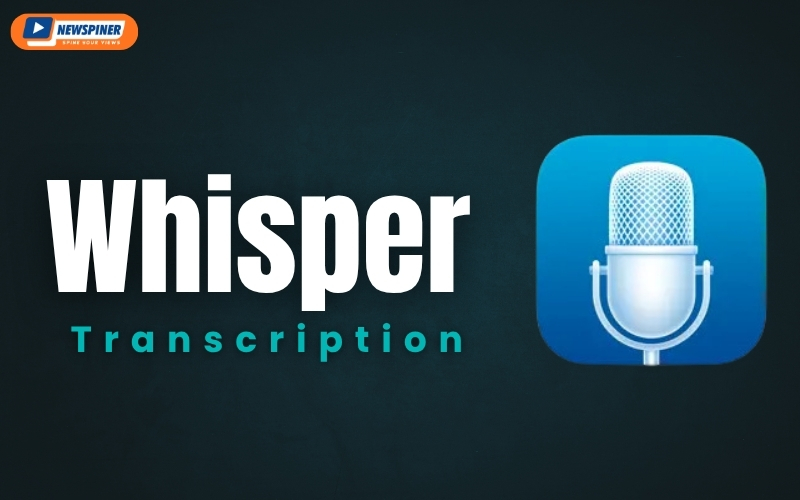Let’s define with the very basic term “What SEO Is”? Well, it is described as a process whose aim is to optimize a website from search engines like Google, Yahoo, and Bing. One can improve the user-friendliness of their websites with the help of SEO. It also helps in increasing the website creditability too. In short, SEO is a way to speak for search engines in a language that they can understand. It provides more information to the user about your website.
Following are been defined the difference between On page and Off Page SEO:
Take a look below:
SEO is broadly classified into two different groups:
1: On-Page SEO.
2: Off-Page SEO.
What is On-Page SEO:
The practice of optimizing the individual’s web pages in order to rank high is known as On-Page SEO. It helps in earning more relevant traffic in search engine result pages. The On-page refers both the content and HTML source code of a page.
Some On-Page SEO factors:
- Keywords : More the keyword you are targeting on pages, the better will be its rank. The “Keyword Optimization” is a cornerstone of SEO today. While doing SEO you need to think about what your audience is looking or searching for. On that analysis, you can create and optimize your website content around the keywords.
- Meta-Description : It is the short description that appears below your URL on SERP’S. It mainly describes the summary of your page. You need to make sure that it includes relevant keywords so that it can pick up by search engine crawlers. Keep the descriptions below 175 characters and ensure that whole your description is shown in result pages.
- Meta Title : The term “Title Tags” refers to the title of your web page. The main heading which you see in the search engine result page is your title tags. This is the next essential opportunity that evolves relevant keywords and enhances your search-ability of web pages. It should be not more than beyond 50 to 60 characters.
- Internal Linking : The “Internal linking” or its related pages on your website is the most important factor of On-Page SEO. Linking different relevant pages to your website makes it easier for search engines to crawl. Moreover, it also keeps the visitors engaged for a longer duration.
What is Off-Page SEO
Off-Page SEO refers to the techniques of improving the position of a website in Search Engine Result Page. Moreover, the off-page SEO do the promotion methods beyond website design for improving the ranking of a website in SERP’S.
Off-Page SEO factors:
1. Backlinks : Undeniably, the biggest factor of SEO is the number and quality of “Backlinks”. The more site-linking present in your content more the domain authority “Google” boosts your ranking. Several organic approaches can produce effective results.
2. Directory Submission : Directory Submission is defined as the practice of submitting your website URL on the web. This way helps in improving your link building. It’s an off-Page factor and helps in optimizing your webpage. In these directories, your self-created websites fall under another website. There are different categories where you can submit your website like:
• Paid or featured web-listing.
• Free or regular web listing.
• Reciprocal regular web listing.
3. Social Bookmarking : Social Bookmarking is the most essential part of SEO. It helps in enhancing the traffic on your website and ranks your website in Search Engine Result Pages. It creates a high-quality backlink. The bookmarking site pages rank should be 7-8 minimum.
• It builds relevant incoming links.
• Draw new customers.
• Helps people in finding the business.
• Drives a lot of traffic on your website.




